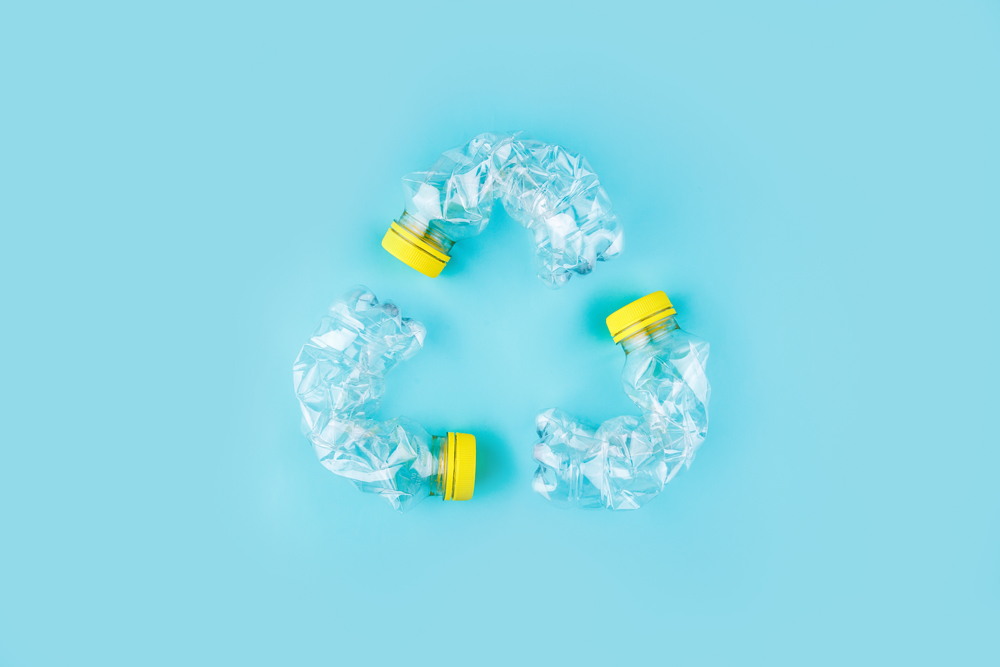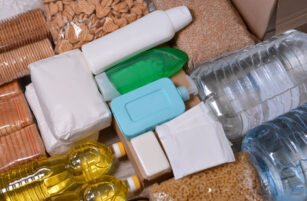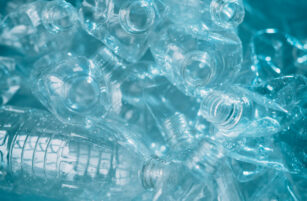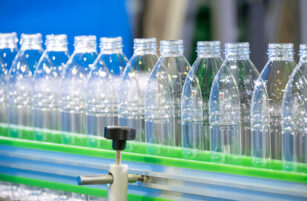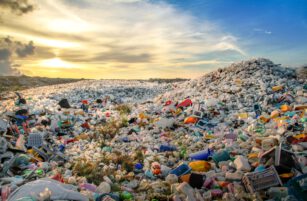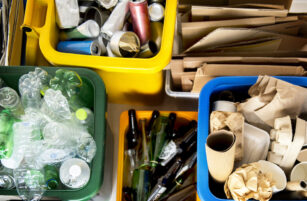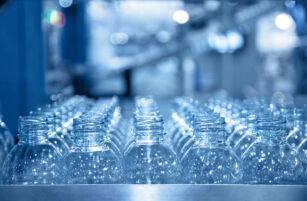Insight Focus
- Global shortages of food-grade recycled resins are threatening to derail sustainability goals.
- Plastic bottle alternatives have received a boost because of record high rPET prices.
- US lawmakers clear regulatory hurdles to enable new chemical recycling plants.
This Month’s Top Trends
1. Brands Face Global Shortage of Food-Grade Recycled Resins
The number of brands and products striving to incorporate more recycled content into their packaging has exploded over the last few years. Despite such lofty ambitions, progress has stalled, or in some cases gone into reverse.
Companies are now facing record high rPET prices, disconnected from the virgin and other commodity prices, as supply in major markets, such as Europe and the US, fails to keep pace.
Across Europe, buyers are increasing pushing back on rPET prices, with major multi-nationals now joining smaller private brands and discounters in reducing rPET content, or optimising rPET use across their portfolios, rather than increasing their average recycled content.
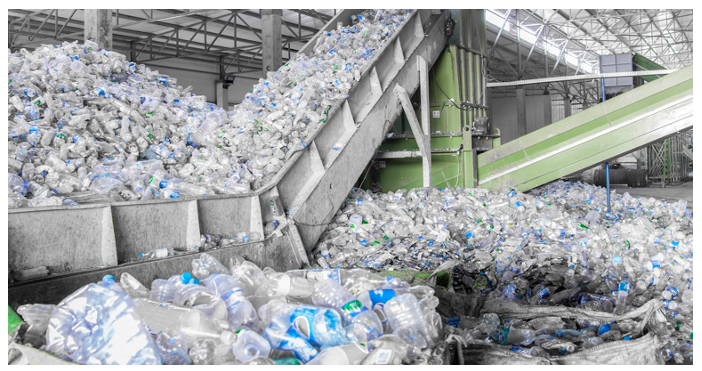
In the US, the PET bottle recycling rate continues to fall, the National Association for PET Container Resources’ (NAPCOR) latest report estimated a 26.6% recycling rates for PET bottles in 2020, down from 27.9% in 2019 and 28.9% in 2018. Current failure to lift recycling rates in the US also threatens the success of recycled content mandates that have proliferated across states.
Over the past two years, at least 20 bills in 10 states plus two federal bills related to recycled content have been introduced. However, many of these bills lack consideration or strategies to resolve supply and quality issues.
Highlighting the lost potential, a recent article in Phys Org, Scientists at the U.S. Department of Energy’s (DOE’s) National Renewable Energy Laboratory (NREL) estimated that the market value of landfilled plastic ranges from $4.5 billion to $9.9 billion, or $7.2 billion on average.
2. Plastic Bottle Alternatives Given Boost
Over the past 3-5 years, a whole range of alternative packaging designs have been launched onto the market, from paper-bottles to bottled water in aluminium cans. However, products have tended to be niche, private brands, or premium beverage products.
With multinational brands unable to get hold of affordable, high quality recycled content, many are now re-examining alternative packaging to keep their sustainability goals on track, a potential mainstream transformation may be underway.
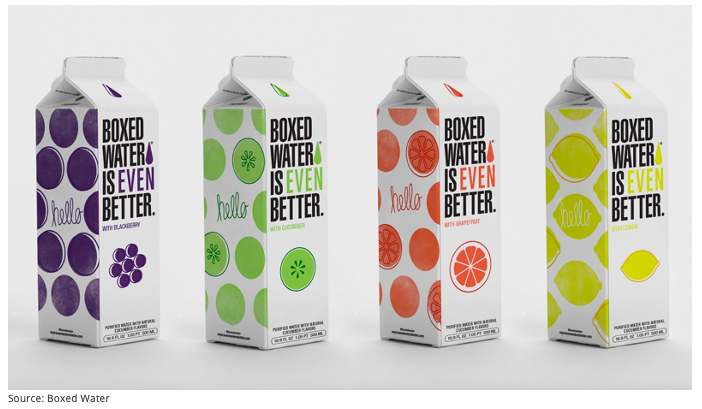
In May, Kraft Heinz announced a partnership with sustainable packaging company Pulpex to develop a “paper-based, renewable and recyclable bottle.” The move makes Heinz the first condiment brand to test such packaging.
Kraft Heinz has previously stated its goal to make all packaging globally recyclable, reusable, or compostable by 2025, and reach net zero greenhouse gas emissions by 2050. According to Heinz, Pulpex bottles have a carbon footprint that is 90% less than glass, and 30% less than PET.
A smaller US water brand making its voice heard and headway into mainstream channels is Boxed Water. Boxed Water cartons are 92% plant based (including the cap), all sourced from sustainably harvested pines and tree pulp waste.
According to the company, Boxed Water focuses distribution towards high-volume channels, where use of bottled water is unavoidable, such as airlines, entertainment, hospitality, travel, and visitor attractions. Last year, Boxed Water announced a partnership with Alaska Airlines replacing 7.2 million plastic bottles per year, equivalent to 1.8 million pounds (816.5 tonnes) in weight
Whereas Coca-Cola India is refocusing on the returnable glass bottle. After years of focusing on disposable plastic bottles, the company is hoping that the change will help “reach out to more users and reduce packaging costs”.
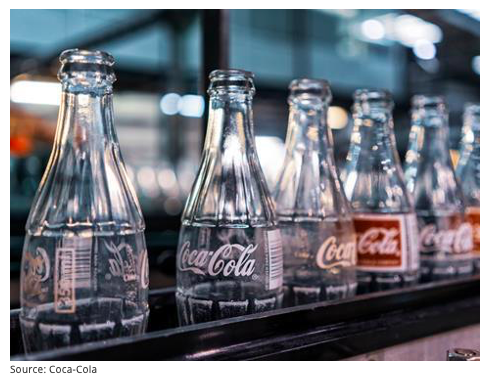
With inflation a major concern for the coming year, and glass bottles one of the least impacted packaging in terms of inflation, according to the company, the move also gives Coca-Cola an affordability play in large parts of India.
The move also aligns with The Coca-Cola Company’s recent pledge to achieve at least 25% of all beverages across its global portfolio in refillable or returnable glass or plastic bottles and containers by 2030. See also Will Refillable Bottles Go Mainstream?
A recent report by a marine conservation charity Oceana, estimated that increasing refillable bottles by just 10% in all coastal communities, could prevent up to 7.6 billion bottles from ending up in the sea every year.
3. Latin America, a Hotbed in Bottle Innovation
In recent years, Latin America has led the way on new bottle innovation with major beverage companies using it as a testbed for new packaging approaches.
In 2018 Coca-Cola launched the “Universal Bottle” in Brazil, a returnable bottle with a single colour, shape and size for use across multiple sparkling and still brands, offering an innovative and efficient solution to collection, cleaning, and refilling.
The Universal Bottle is now used in Argentina, Brazil, Chile, Colombia, Mexico, Guatemala, and Panama, outperforming non-refillables in some countries.
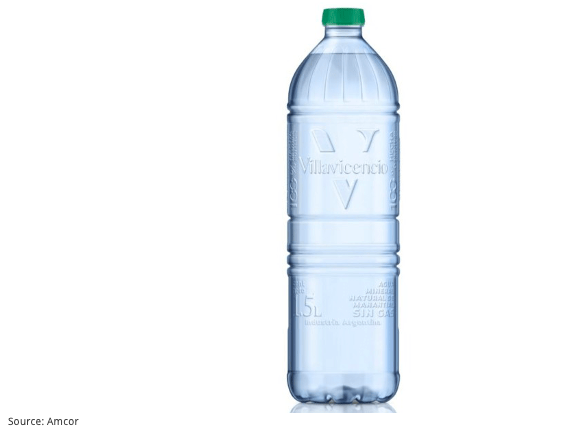
More recently, Amcor and Danone launched a fully recyclable, label-free rPET bottle for one of Danone’s water brands in Argentina.
The 1.5-Litre bottle is made from 100% rPET and according to Amcor, offers a carbon footprint that’s 21% smaller than that of the previous bottle.
Label-less bottles have been growing in popularity, as a way to reduce plastic waste and improve recyclability (See Shrinking Labels to Improve Recyclability).
4. Latest Chemical Recycling Projects
Despite recent regulatory challenges and critical public perception towards chemical recycling (see Will Environmental Concerns Slow Chemical Recycling’s Process?), plans for several new facilities were announced in May.
Axens and Toray Films Europe announced plans for a new chemical recycling facility in Saint-Maurice-de-Beynost, France, capable of recycling 80k tonnes of difficult-to-recycle PET plastic waste per year.
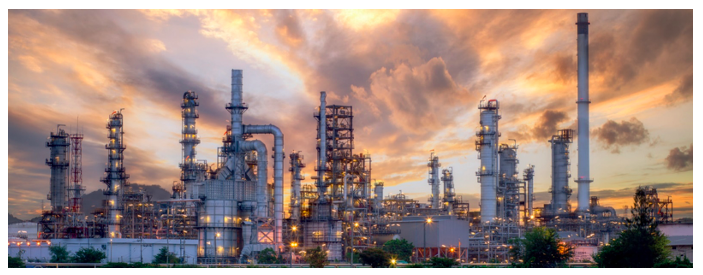
Using Axens’ Rewind PET technology, the new plant aims to turn PET waste into a purified BHET (Bis(2-hydroxyethyl) terephthalate) monomer, which can be polymerised into 100% recycled transparent food contact PET for films, fibre, and bottles applications.
The project is currently in its engineering phase and is targeting phase 1 start-up of 30k tonnes of rPET, by the end of 2025, with completion of phase 2, and full capacity by 2030.
Loop Industries announced a new multi-year supply agreement with Danone to supply 100% recycled Loop branded PET resin. Loop PET resin will be supplied from a planned Infinite Loop manufacturing facility located in Bécancour, Quebec. Resin production at the plant is currently anticipated to begin in Q4 2024.
France’s TotalEnergies and Houston-based New Hope Energy have entered into a commercial agreement, under which New Hope Energy will build an advanced recycling plant in Texas and convert end-of-life plastic waste into a recycled feedstock.
Scheduled for start-up in 2025 and using a patented pyrolysis technology, developed in partnership with Lummus Technology, New Hope Energy will process more than 683 million lb (309,804 tonnes) of mixed plastic waste a year.
The Recycled Polymer Feedstock produced will feed TotalEnergies Texas-based production units, producing high-quality polyolefins suitable for food-grade applications, such as flexible and rigid food packaging containers.
The regulatory mood is also changing for chemical recycling, with assemblies across the US taking aim at barriers that are currently restricting new development.
Lawmakers in the New Hampshire’s Senate passed a bill in May, reclassifying chemical recyclers as manufacturers instead of as solid waste facilities, reducing some of the regulatory procedures those firms must follow.
Although any new facility would still be subject to environmental regulations as manufacturers, the move is being seen as a way to slash red tape and encourage investment aimed at tackling the state’s plastic waste issues.
In New York, a similar move is also afoot, with the state Senate and Assembly to vote on Bill 9495 that aims to amend New York’s environmental conservation law, enabling new advanced recycling and advanced recycling facilities to operate in New York (see Assembly Woman Alicia Hyndman’s commentary “New York’s recycling technology is due for an upgrade”).
Other Insights That May Interest You…
Plastics and Sustainability Trends in April 2022
Plastics and Sustainability Trends in March 2022
Plastics and Sustainability Trends in February 2022
Explainers That May Interest You…
